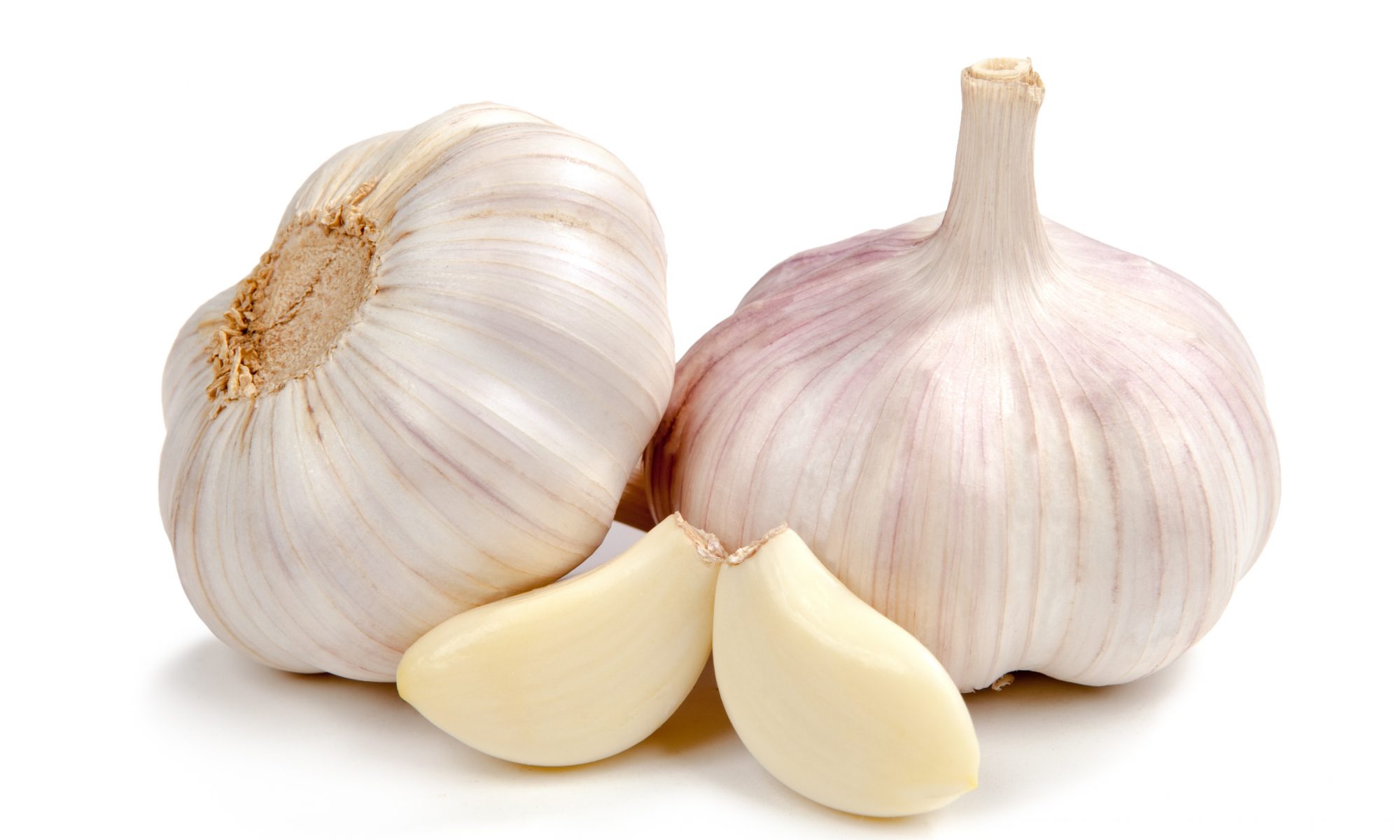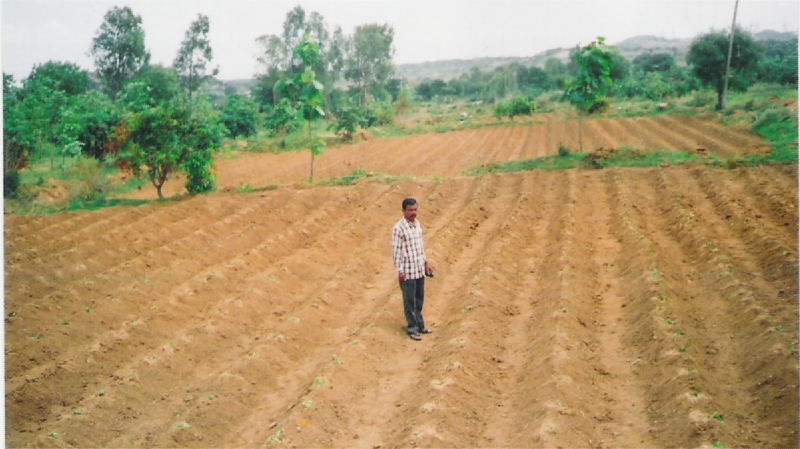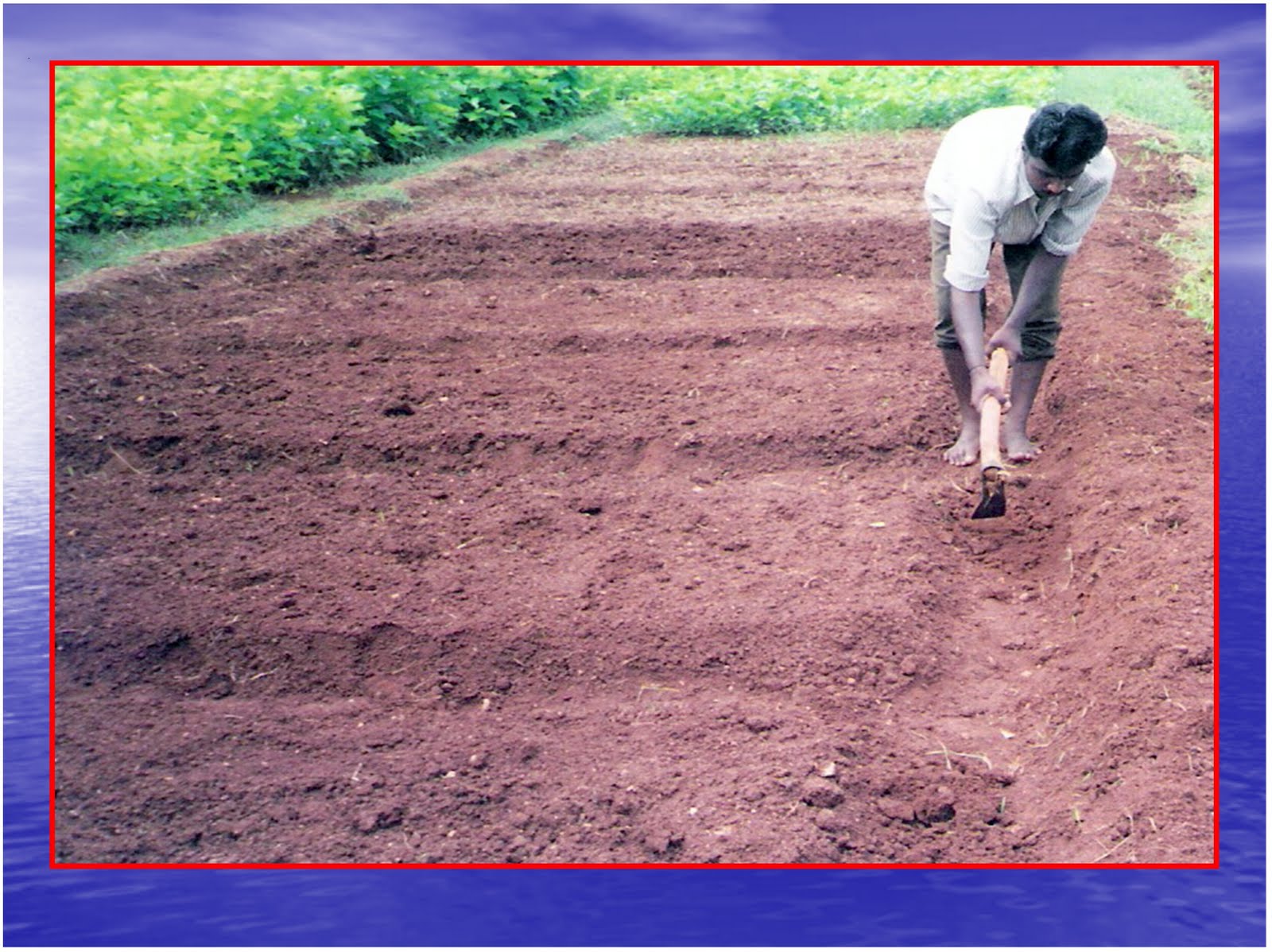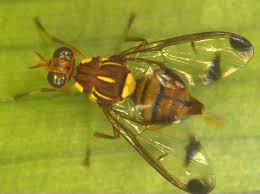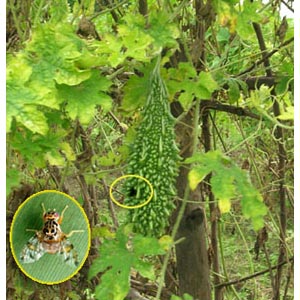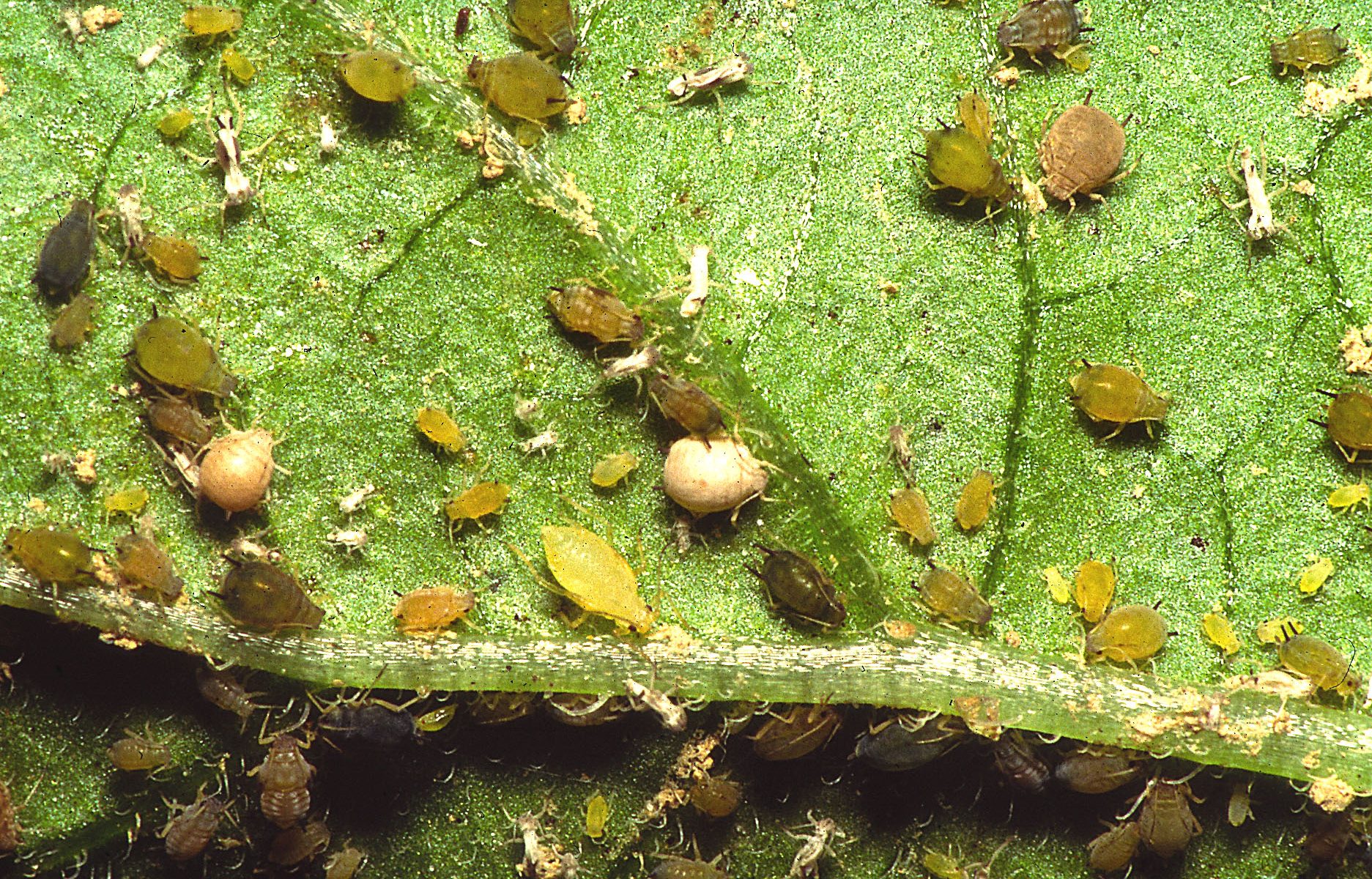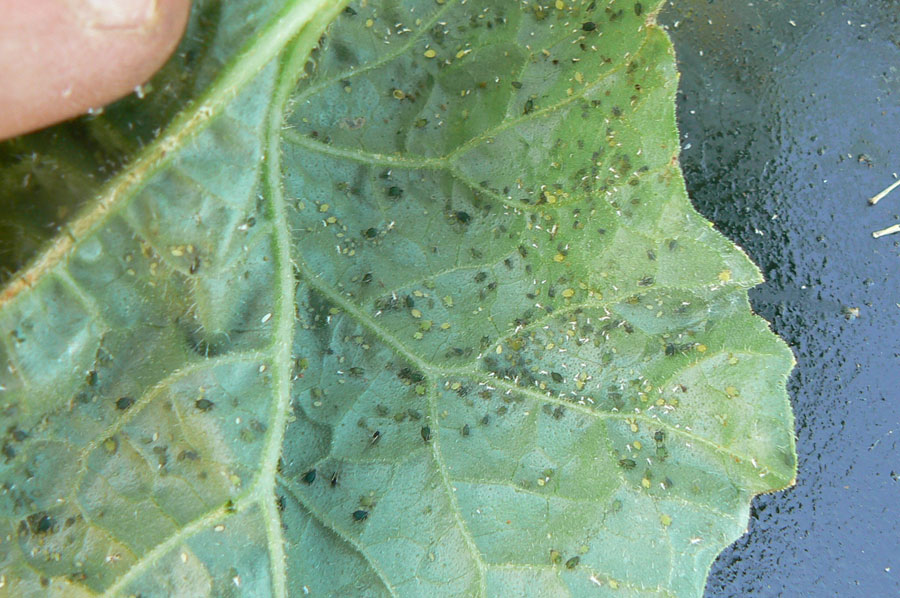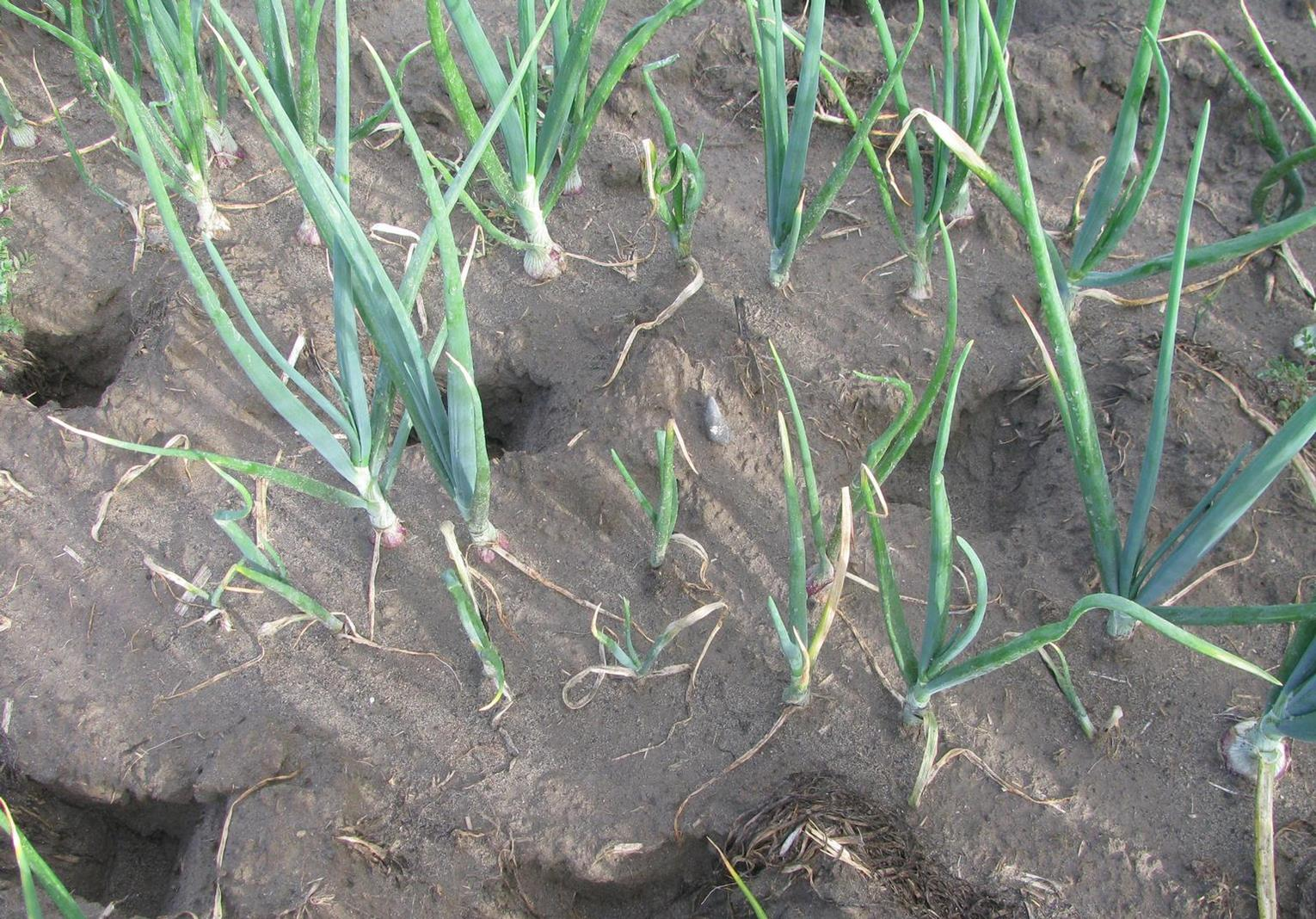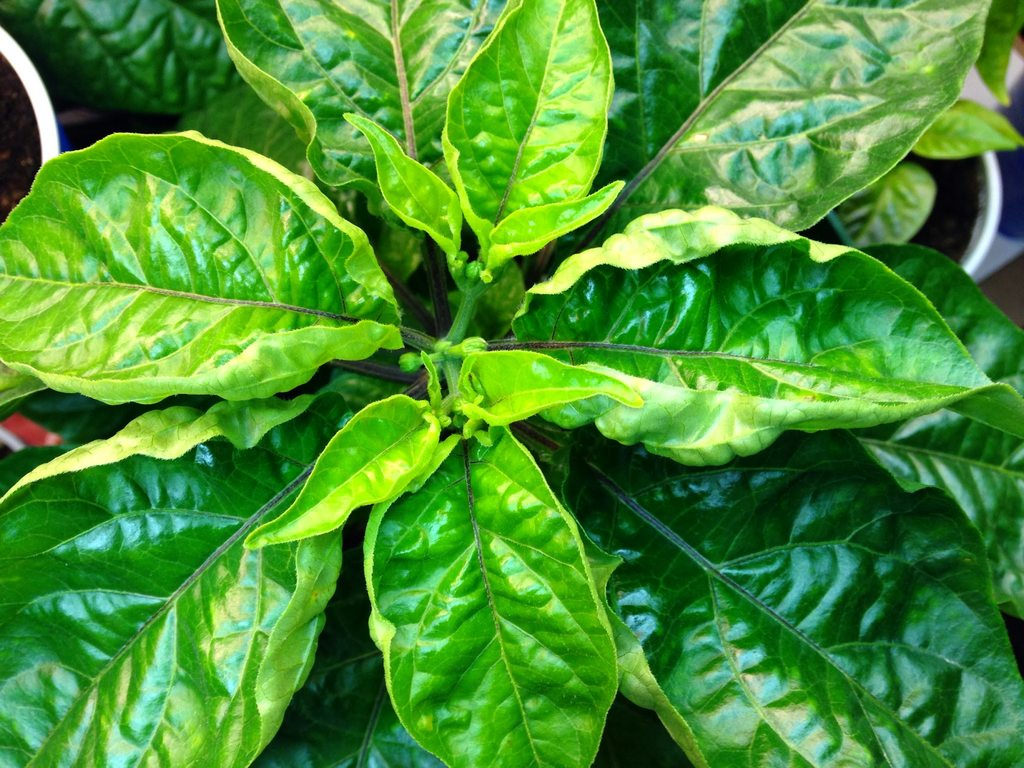- Onion is a cool season vegetable and grows well under mild climate without extreme heat or cold or excessive rainfall.
- It does not thrive when the average rainfall exceeds 75-100 cm during Mansoon period.
- The ideal temperature for vegetative growth is 12.8-23°C.
- For bulb formation, it requires long days and high temperature (20-25°C).
- A dry atmosphere is favourable when it comes to maturity of the bulbs.
Soil:-
- Onion can be grown in all types of soil.
- Deep friable loam and alluvial soil are best for its successful production.
- Good drainage, free from weeds and presence of organic matter favour production of good crop.
- It is sensitive to high acidity and alkalinity and the ideal pH is 5.8 to 6.5.
Like and share with other farmers by clicking on button below.
Share

